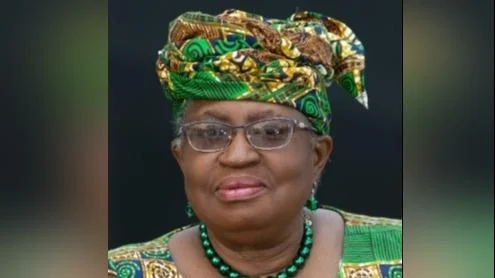On June 5, 2024, the World Trade Organization (WTO) emphasized the importance of inclusive trade policies in facilitating the transition to clean energy during an event commemorating World Environment Day. The event, titled "Supporting the Transition to Clean Energy," offered a preview of an upcoming WTO publication that explores how Aid for Trade can unlock opportunities in the clean energy sector for developing and least developed countries (LDCs). This publication will be officially launched at the Global Review of Aid for Trade 2024.
Deputy Director-General Jean-Marie Paugam stated, “The clean energy transition is a crucial objective in our path to sustainable development. Trade policy tools — such as rebalancing tariffs in line with climate ambitions or aligning standards to accelerate decarbonisation efforts — can fast-track transition efforts and expedite inclusion of developing economies into green value chains.”
Deputy Director-General Xiangchen Zhang added, “Global efforts to achieve net zero require concerted efforts of the international community, and developing members have been acknowledging the role of Aid for Trade to help them realize opportunities resulting from green transition.”
Vishvanathan Subramaniam from the WTO's Aid for Trade Unit highlighted trade opportunities emerging during a clean energy transition. He provided examples of how Aid for Trade can assist developing and LDC members in leveraging these opportunities. Aik Hoe Lim, Director of the WTO Trade and Environment Division, pointed out that addressing climate change through clean energy also tackles root causes of land degradation, which was this year's theme spotlighted by the United Nations on World Environment Day.
The event featured speakers from various organizations who discussed further integration of developing economies into the clean energy supply chain. Dr. Ajay Mathur, International Solar Alliance Director General, noted that although around USD 500 billion was invested in solar energy last year, Africa received just under 3% of this amount. He emphasized that financing guarantees are essential to attract investment in underserved regions.
Dr. Roberta Boscolo from the World Meteorological Organization presented a report indicating how renewable energy potential fluctuates globally due to changing weather patterns. She concluded that market adaptations encouraging investments in energy storage and grids are necessary to manage variability in energy supply.
Cyn-Young Park from the Asian Development Bank outlined vulnerabilities within global supply chains for critical minerals and recommended measures for "greening" and enhancing investment in this sector. Haoyan Xue from the Global Energy Interconnection Development and Cooperation Organization focused on advancing energy interconnection initiatives across Africa.

